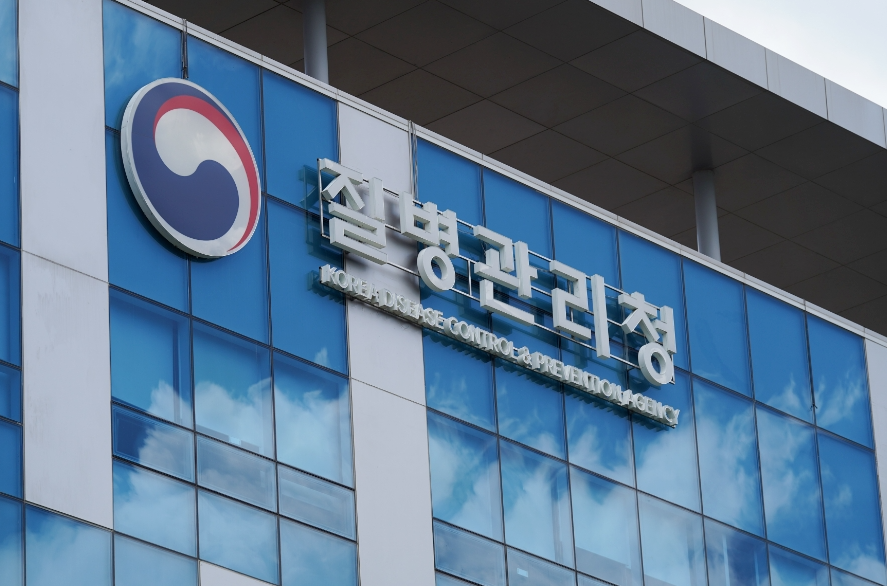After the government announced it would stop providing free Covid-19 drugs and start charging for them in the first half of this year, concerns are growing about a treatment gap due to delays in discussing the reimbursement of related medications.

According to the Korea Disease Control and Prevention Agency (KDCA), the number of newly confirmed Covid-19 cases in Korea has been steady at around 4,000 per week recently.
However, the proportion of positive tests among those aged 60 and older has been slightly increasing, with 36.4 percent in the second week of February, 39.1 percent in the third week, 40.0 percent in the fourth week, and 39.6 percent in the first week of March, indicating a slight upward trend in Covid-19 outbreaks among vulnerable older adults.
Given the increased risk of severe Covid-19 illness and death in older adults, the need to prevent, treat and manage it for this age group remains critical.
In late August last year, however, the government downgraded Covid-19's legal infectious disease status from "Level 2" to "Level 4" and announced a phased charging system for Covid-19 tests and treatments.
Accordingly, it also unveiled plans to temporarily end the free support system for Covid-19 drugs from the first half of this year. That indicated Copvid-19 treatments would be managed within the general insurance benefit system by switching from free to paid service.
However, reimbursement for Covid-19 drugs has yet to be tabled on the Pharmaceutical Reimbursement Evaluation Committee (PREC) of the Health Insurance Review and Assessment Service (HIRA).
Considering the timeline for negotiating drug prices with the National Health Insurance Service (NHIS), which takes about 60 days, and the decision of the Health Insurance Policy Review Committee of the Ministry of Health and Welfare, its transition to paid service with insurance benefit is pressed for time.
That explains why concerns have been raised about a Covid-19 treatment void. The KDCA has been responsible for providing free Covid-19 treatment so far, but it will be the responsibility of the HIRA and NHIS to manage its reimbursement from now on.
For the smooth management of Covid-19 care, the timing for the discontinuation of free support should be coordinated with the shift-paid service with reimbursement, which requires close communication and cooperation between related agencies, but it is not being done properly.
With infections among the elderly on the rise, it is clear that gaps in access to treatment will lead to increased risk of severe illness and death, overwhelming the system and increasing healthcare costs, infectious disease experts pointed out.
Patients who are immunocompromised or chronically ill are also more likely to develop pneumonia and die if they do not receive Covid-19 treatment in time, and, therefore, the insurance coverage of Covid-19 treatments is essential to ensure access to care for these patients, they added.
In addition, some experts have pointed to the need to ensure adequate stockpiles of treatments for community outbreaks, such as those that occurred during the Delta and Omicron variants of the pandemic.
Similarly, the influenza drug Tamiflu has a target stockpile ratio of 25 percent of the population based on pandemic modeling studies, but there is no clear standard for Covid-19 drug stockpiles.
The experts concluded that the future management of Covid-19 will depend on how related government agencies with different roles work together and show cooperation beyond their respective interests.

